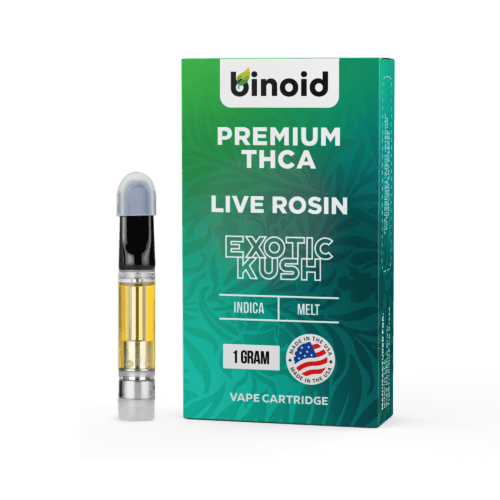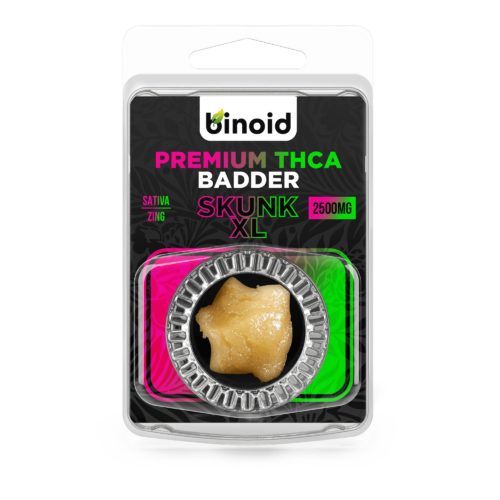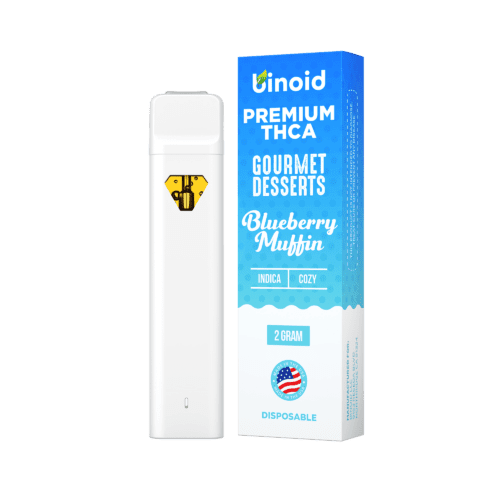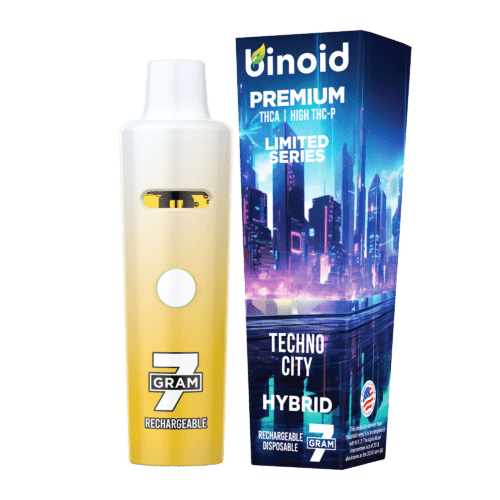More and more companies are making products with “cannabinoid blends”, using multiple cannabinoids in one formula for a totally distinctive high. But, like all hemp products those made with cannabinoid blends must be third-party-tested before they can be marketed and sold.
So, before you explore this new niche on the scene, let’s talk about how to read those reports, as they tell you a lot of information that you need to know about the safety, purity, quality, and authenticity of the product.
To Buy Cannabinoid Blends Products Click Here
Recommended products
Why Third-Party Testing Matters
Lab-testing is a must for any company that sells hemp products. In fact, it’s required by law. Federal law states that all hemp-derived products are only allowed to contain up to 0.3% delta 9 THC, and the only way for a company to prove that this is the case is by submitting batches of their hemp extracts to an objective, state-licensed third-party testing facility, where it’s thoroughly analyzed.
Lab-testing doesn’t just confirm that a product is compliant with the law. It looks at a lot of individual aspects of the cannabinoid distillates, including its purity, and whether or not it’s been contaminated, to prove that it’s safe for human consumption. A company can swear that they offer the purest, safest product possible, but the reality is that you can never know for sure without looking at the lab report. And, if a company isn’t making their lab reports accessible to customers, that’s a serious warning sign, since it usually means that there’s something about the brand’s products that they don’t want you to know.
Where is the Cannabinoid Lab Report From?
Every company that makes cannabinoid blend products should make their third-party lab reports easy to find through their website. Usually, this is going to be in one of two places: either on the product page or on a separate page where each lab report is listed together. Every formula should come with its own individual lab report, so that you can find the specific product you plan to buy.
In the event that you can’t find a lab report on a company’s website, you can always contact the company and ask for access to them. Just realize that some companies require that you scan a QR code on the physical product’s label to access the specific product lab report.
Recommended products
Confirming a Hemp Lab Report’s Authenticity
Unfortunately, some companies have been caught faking their lab reports. This can mean making a fake document altogether, or modifying/editing an existing, legitimate one to change the information on it. But, the good news is that all lab reports can be sourced back to the laboratory.
All lab reports should contain the name of the laboratory somewhere, along with a reference number. To verify a lab report, first you’ll want to look up the name of the lab, to make sure that it’s a real laboratory. If you want extra assurance, you can contact the lab and give them the reference number to make sure that the report is authentic.
What To Look For In a Cannabinoid Lab Report
With cannabinoid blends, you’ll see things a little differently than products containing a single cannabinoid. There will be a list of each cannabinoid present, One of the first parts of a lab report’s breakdown is the purity of each cannabinoid distillate, and how much of each cannabinoid is in the product (potency/concentration). Each distillate’s purity level matters because it tells you how much of the distillate is actually made up of the cannabinoid. You’ll never find a 100% pure cannabinoid distillate, since the nature of the distillation process does not make this physically possible, but you should see something around 90-95%, or higher.
You’ll also see a section that tells you whether or not the product is legally compliant, as it will show the amount of delta 9 THC in the product, which should not exceed 0.3%.
Recommended products
Can the Cannabinoid Product Type Make a Difference?
Each product type’s lab report will be distinctive in some way, since each product type has its own specific formulation, which affects what shows up on the report. So, let’s get more detailed, by breaking down what each THC product type’s lab report will look like.
- Vapes: Vape oils, whether in cartridges or disposable form, should contain 100% pure hemp compounds, with no other ingredients present in the formula. So, the percentage of cannabinoids should be very high – about 85-95% of the whole formula. And, the number of milligrams should be somewhere between 850-950mg for every 1 gram of vape oil. The amount that’s left should be terpenes.
- Edibles: Unlike vapes, edibles are not made up of 100% pure hemp – after all, they contain a lot of ingredients by default. The number of milligrams of pure cannabinoids reported on the lab sheet should match the amount that’s being advertised by the company. For example, if you have Binoid Power Blends Gummies, they use 40mg of our Power 9 Blend formula that combines premium Delta 9, THC-JD and HHC-P distillate with THC-B, Delta 8, HHC and more to give a superior and powerful full body experience..
- Tinctures: A tincture’s lab report reflects the total amount of milligrams of cannabinoids advertised on the product’s label. For example, Our Power 9 Blend tincture is the strongest tincture we’ve ever made. We infused 33mg of our Power 9 Blend formula per dropper that combines premium Delta 9, THC-JD and HHC-P distillate paired with THC-B, Delta 8, HHC to give a superior and powerful full body experience..
- Concentrates/Dabs: The lab report for dabs/concentrates should look a lot like flower, since ultimately, these products are the result of concentrating cannabinoids. Only, the overall cannabinoid percentages should be a lot higher.
That Cannabinoid Lab Report Matters a Lot More Than You Might Think
The bottom line is this: always refrain from buying any hemp product until looking carefully through the lab report. Otherwise, you’ll never really know if you’re actually buying a fake or low-quality product. At Binoid, our third-party lab reports are easy to find on our website, and even show off the superior purity and quality levels that we’re proud to maintain for our customers.












